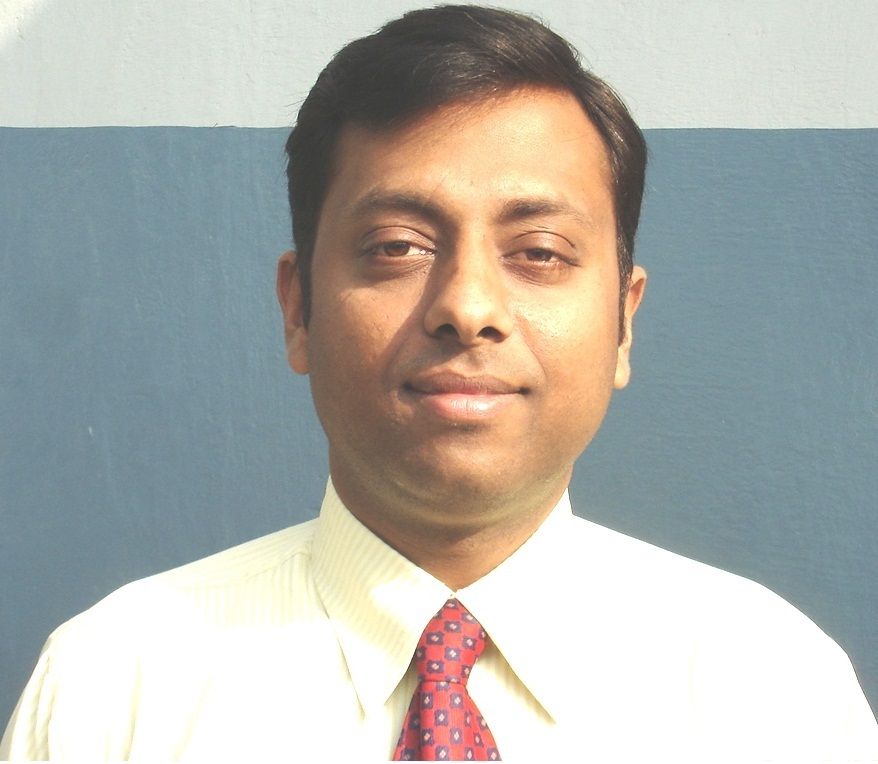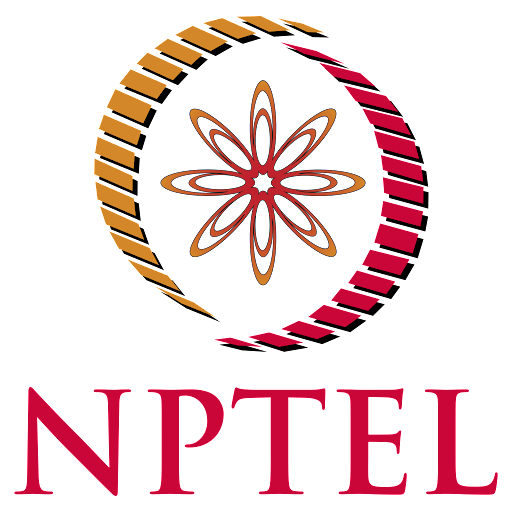
Dr Raveesh Agarwal – NPTEL STAR
Born and raised in Bareilly, a rural district of Uttar Pradesh, Dr. Raveesh Agarwal is a faculty member at Rajshree Institute of Management and Technology. His career reflects steady ambition and a deep commitment to learning and public service. After completing a Master’s in Business Economics, he began in the pharmaceutical industry, gaining an appreciation for applied knowledge; academia, however, became his calling. He went on to earn an M.Phil. in Economics and a PhD in Management, then entered university teaching – first at MJP Rohilkhand University and later at Rajshree, where in 2011 he founded the Department of Business Administration and launched the MBA program.
What distinguishes Dr. Agarwal is not only his formal qualifications but his constant reinvention as a learner. He treats professional development not as an occasional requirement but as a lifelong pursuit.
Over the years, he has completed more than sixty online courses spanning management, economics, psychology, and human resources, along with dozens of faculty development programs.
For him, these credentials are not mere achievements; they actively enrich his teaching and support his outreach work across the twelve colleges under his group.
NPTEL occupies a central place in this transformation.
When he first heard that IIT faculty could be “virtually” available to students outside metropolitan centers, Dr. Agarwal saw an opportunity to bridge aspiration and access for students in his region.
He pursued formal affiliation with NPTEL, and successfully established a local NPTEL chapter at Rajshree, one of the first such chapters in that rural area. That step turned an abstract idea into a concrete pathway: students and faculty could attend high-quality, IIT-taught courses, earn IIT-backed certificates, and access content that was previously out of reach.
The experience changed both the scale and the depth of learning at Rajshree.
Dr. Agarwal observed that NPTEL courses became increasingly rigorous over time; assignments grew harder, and ready solutions on the web became rare, so students had to engage with the original material rather than rely on shortcuts. That higher rigor raised standards: it pushed him and his colleagues to study more deeply, and it encouraged students, some even in grades 11 and 12, to take college-level courses early.
For Dr. Agarwal, earning top marks in some NPTEL courses and repeatedly receiving NPTEL recognitions – Believers, Domain Scholar, Superstars, Evangelists, Motivated Learners, Enthusiasts, Discipline Stars, Champions, and a couple more – validated the time he invested and made him a visible advocate for online, high-quality learning.
Among the many courses he cited, two stand out for their personal and professional significance: Soft Skills and Personality Development (completed through an IIT Kanpur offering) and Outcome Based Education, a course he completed twice to observe and understand the evolution of the curriculum and assessment standards. He also highlighted courses such as Business Development: Start to Scale and Strategic Management as particularly relevant to his teaching and institutional work.
Despite the scale of his engagement, Dr. Agarwal keeps a pragmatic, almost playful view of time management. On being asked how he juggles so many courses, responsibilities, and visits, his response was striking in its honesty and local flavor: “hume time churaana padta hai,” meaning “we have to steal the time.” That phrase captures his approach: carve out small, consistent pockets of effort, use every spare moment, and stay disciplined. It is a motto he models for colleagues and students alike.
“Keep learning, keep learning, keep learning,” he often repeats – a mantra that has carried him through decades of study and teaching. He has used NPTEL not just to decorate his CV but to transform how learning reaches a community – raising expectations for students, modeling continuous study for colleagues, and working to make elite, IIT-quality instruction available in the hinterland. The result is a quiet but substantial legacy: institutional change, many more students with access to world-class content, and a contagious culture of perseverance and curiosity.
– written by Satyam Shukla

